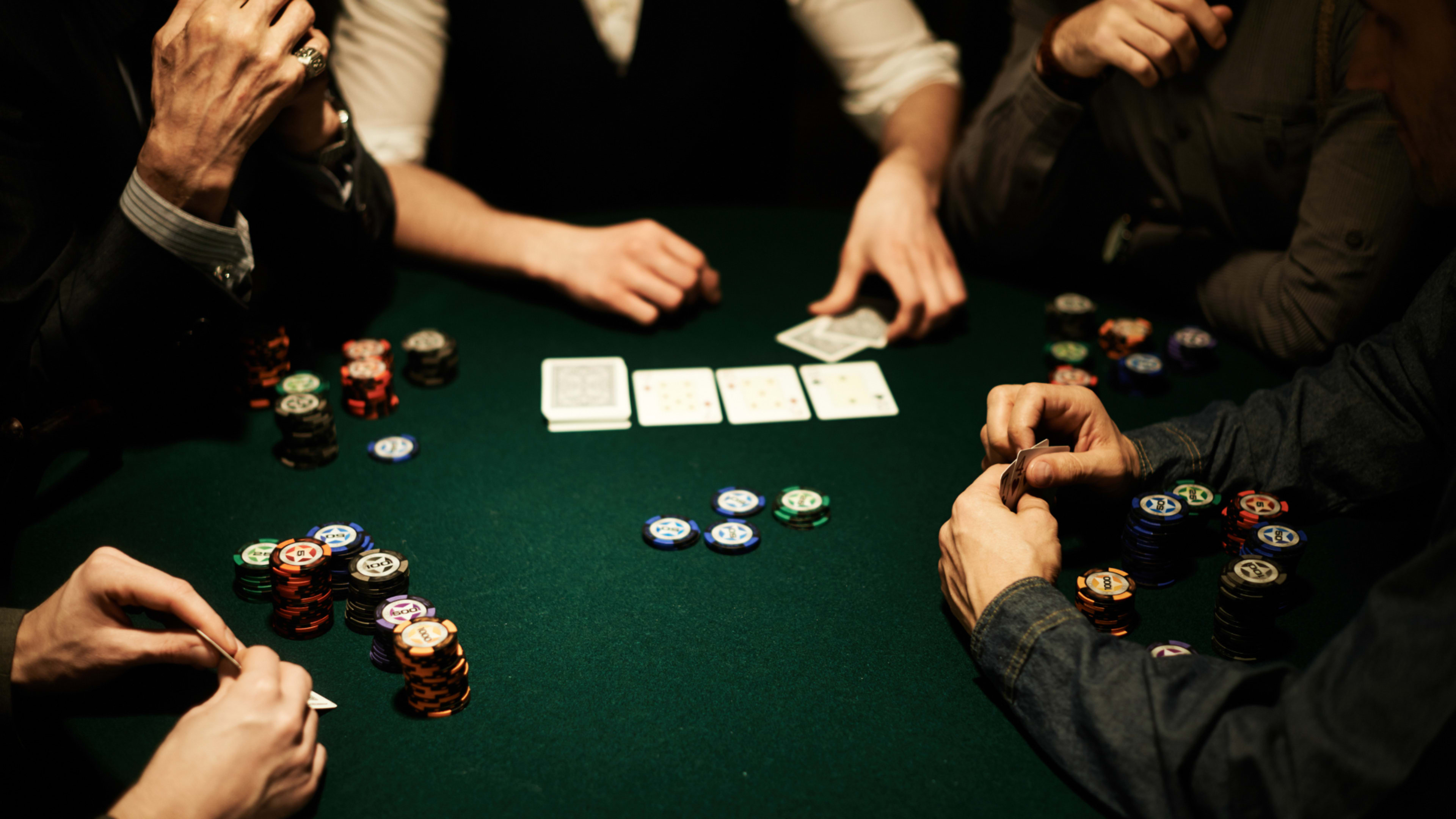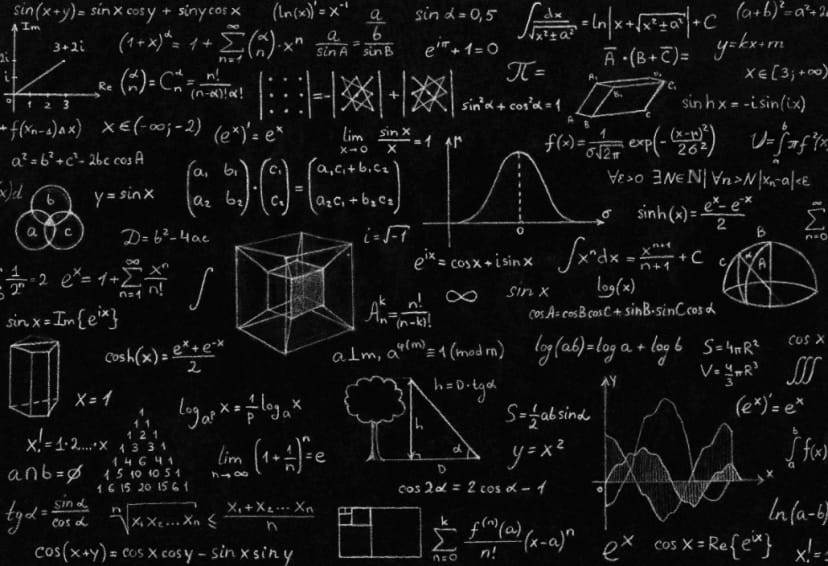Poker is a card game that's a big hit in Irish online casinos, requiring a good mix of skill, strategy, and a dash of luck. A crucial part of bagging wins at the poker table is mastering your table positions. Understanding these positions is incredibly useful for making smarter calls, boosting your winnings, and steering clear of costly mistakes.
Across different poker games, various table positions demand unique approaches. Each player needs to consider not only the cards they're dealt but also where they're sitting at the table. This guide is all about diving into poker table positions and how they can seriously impact your game.
Early Positions: The First to Act
The early positions at an online poker game table are generally the first few seats to act after the dealer. In poker lingo, Early Positions (EP) usually refer to the first three players to the left of the dealer, including the Small Blind, the Big Blind, and the player directly to the Big Blind's left. This last player is often called UTG, or 'Under the Gun'.
Players in these seats are at a bit of a disadvantage because they have to make their decisions first each round. These players can only rely on the strength of their own cards, as they have little to no information about what their opponents might be holding.
Still, there are a couple of ways Irish players can make early positions work for them.
- Play with some aggression. This could mean calling or raising if someone tries to steal your blinds, or even bluffing if your starting hand isn't exactly stellar.
- Be selective with your hands. Stick to playing only premium hands, like high pairs, AK, AQ, or other hands generally considered very strong. This approach can help you avoid unnecessary losses and secure pots when you've got a cracking starting hand.
Middle Positions
The middle poker positions on the table refer to players who act after those in the early positions, but before those in the late positions.
- Players in the middle positions have a slight advantage over those in the early positions, as they don’t have to play first. Still, middle positions can be tricky, as they have to play before the players in the latter positions.
- One of the key tricks for playing middle positions in poker is to play a wider range of hands than those in the early positions. Of course, all hands have to be tailored to the player’s cards from early positions.
There is a very successful strategy that can be implemented by players in the middle positions. If they have a strong hand and the early positions already placed a bet, they may re-raise, in order to force blinds to fold and steal the pot.
If a player is in the middle position, he should be very careful with aggressive late-position players and wait for stronger hands, otherwise, fold.
Late Positions
The late positions in poker are the best ones for a player to be in. These positions are the Cutoff and the Button, which are the last two positions to act in a hand. The Button is considered the most favorable position in poker, as the player in this act lasts in every betting round, giving them a significant advantage over the others.
- Playing from the late positions has the advantage of seeing how other players act and making better decisions about whether to bet, raise or fold.
- Another benefit of playing from a late position is that the pot size can be easily controlled. If no one has raised, depending on his hand, the player may decide to bet small to increase the pot or bet big, in order to bluff his opponents.
Playing from the late positions can be beneficial for a variety of poker hands that can be played as well. Both the cutoff and button can play hands, considered weaker, depending on how opponents played, and also what the pot size is.
In Summary
Understanding the poker table positions is essential to becoming a good player. All positions have a set of benefits and drawbacks, so knowing how to play from each can be a huge advantage over bettors who are not that familiar with gameplay.
Each position in poker is very different and has to be played differently, but they have a lot of things in common, which revert to having a good poker betting strategy. So, bettors should not only be familiar with poker positions, but also be well-prepared with their own game flow.
With practice, players can learn how to read their opponent's actions and make the best decisions from any position.
FAQ
Why is position important in poker?
In poker, your position at the table is crucial because it dictates when you get to act during each betting round. Players in later positions have a distinct advantage, as they get to observe the actions of other players before making their own decisions. This provides valuable information about the strength of their opponents' hands.
What is the worst position in poker?
The small blind is generally considered the least favourable position in poker. This is because you're forced to put in half the minimum bet before even seeing your cards, and you're one of the first to act after the flop, turn, and river.
What is a late position in poker?
Late position refers to the positions of the 'Cutoff' and the 'Button' (dealer). Being in late position gives you the advantage of seeing what most other players have done before you need to act, allowing for more informed decisions.
What is the early position in poker?
The early positions are the first few seats to the left of the Big Blind. These are typically the Small Blind (SB), Big Blind (BB), and Under the Gun (UTG). Players in these positions must act before most of the table, putting them at a disadvantage.
What is a middle position in poker?
Middle positions are those that fall between the early and late positions. Players in these spots have some information from the early players, but must still act before the late position players, making their decisions more complex.
What are the best positions in poker?
The most advantageous positions at the poker table are the cutoff and the button (dealer). These late positions allow you to observe the actions of other players before making your own, giving you a significant edge in making informed decisions. Remember to gamble responsibly.















